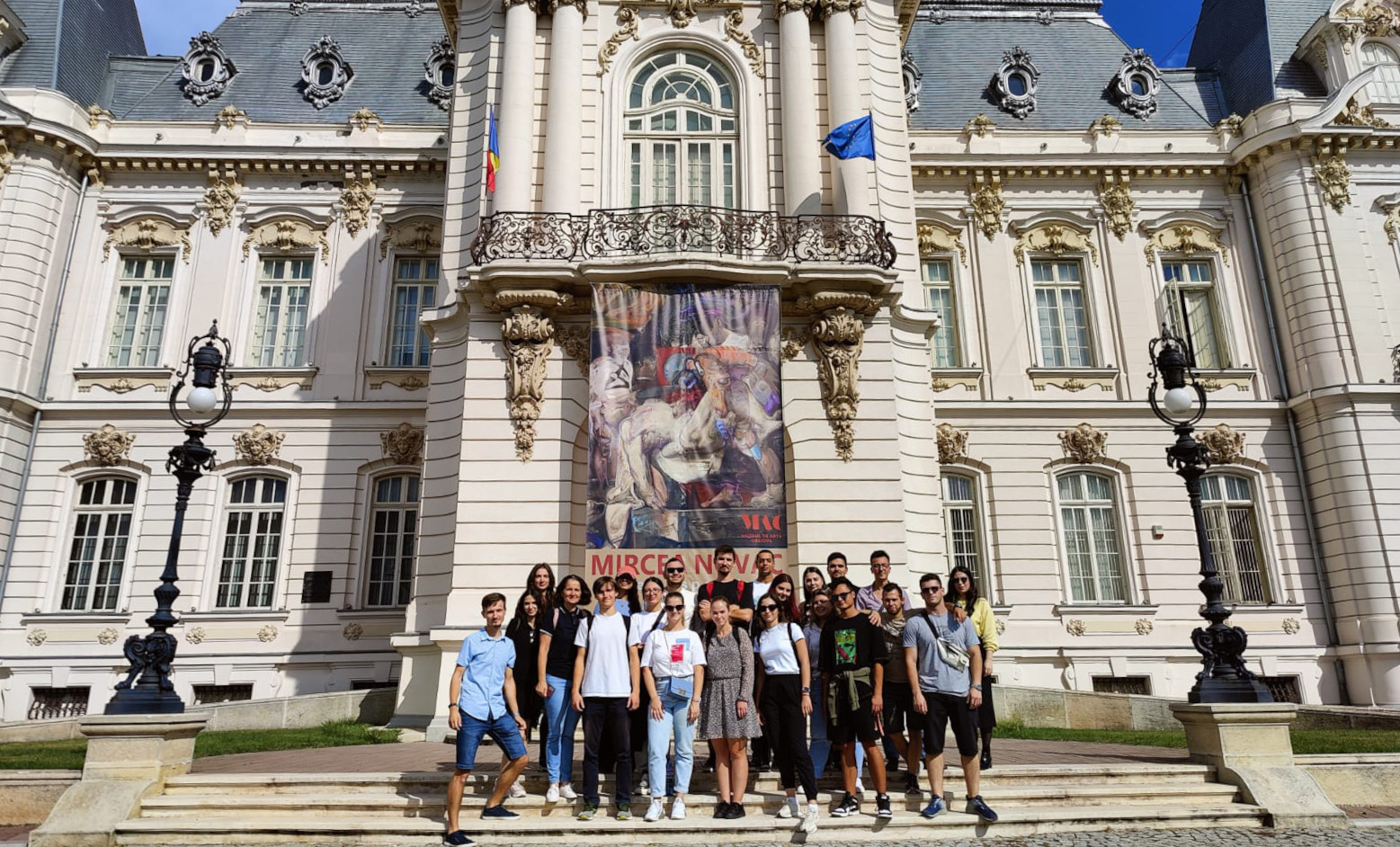
One year later, Craiova hosts the second edition of the “Summer School” Erasmus+ project “Application of advanced technologies in teaching and research, in the field of air pollution”. As a reminder, this successful project is developed by the University of Craiova in partnership with the Adana Türkeş Alparslan University of Science and Technology (Turkey), the University of Plovdiv “Paisii Hilendarski” (Bulgaria) and the Matej Bel University of Banská Bistrika (Slovakia). The goal of the project is to develop the STEM skills of students in the use of advanced technologies.
22 students from Turkey, Slovakia, Bulgaria and Romania covered many topics related to science and the environment, in a combo that leads them to more advanced solutions impacting our future: sensors, climate change, microcontrollers and electronics, programming, iot, 3d printing, sustainability, environment laws, data processing. All these topics accompanied by practical examples from speakers involved in the respective fields.
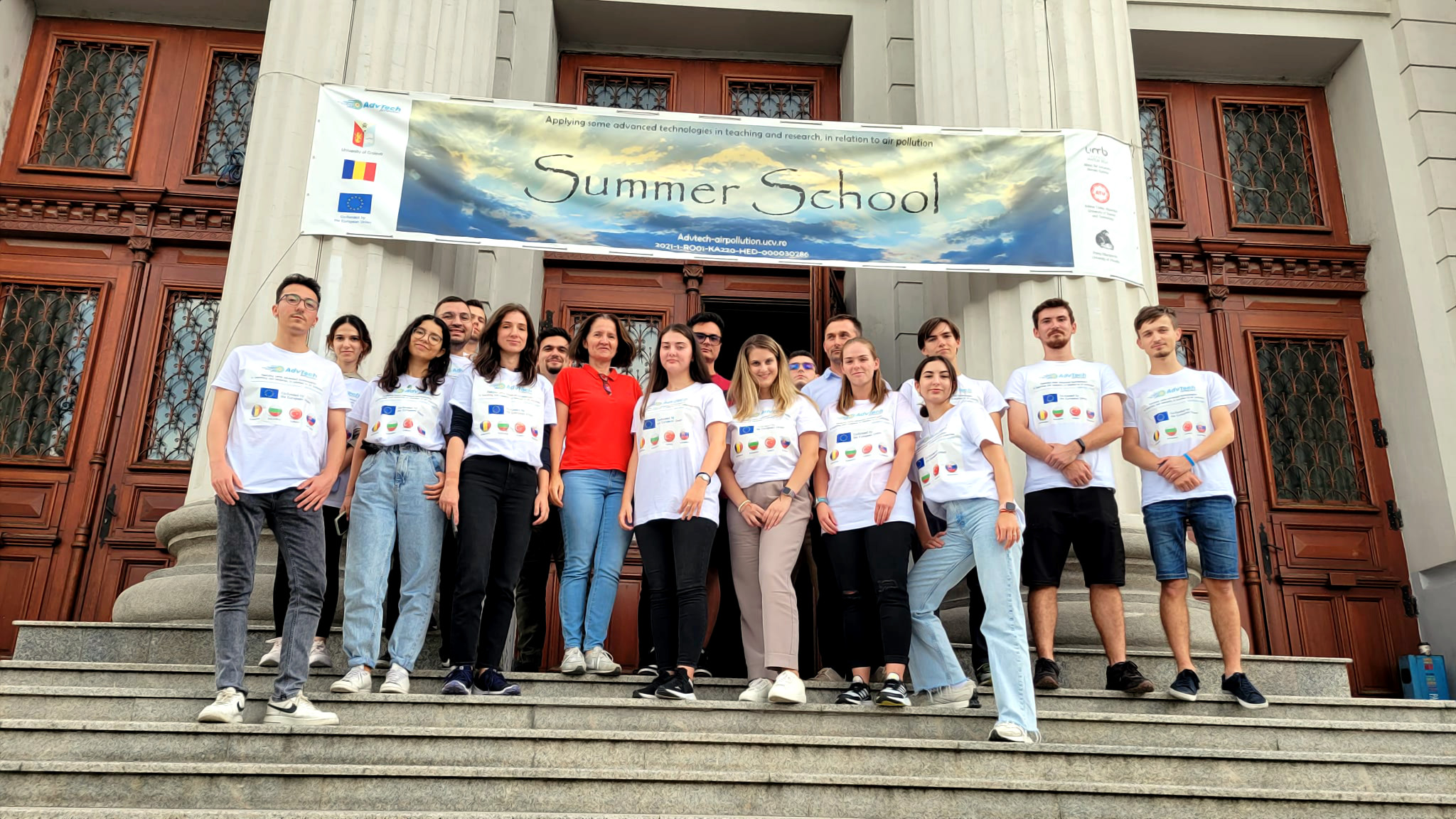
The international students learned how to make a pollution sensor using microcontrollers. This type of sensors are used for air quality monitoring in the form of sensor networks installed over extended areas. The previous edition took place last year when the students built sensors based on the #opensource uRADMonitor® SMOGGIE® design, available on Github. Their activities included practical workshops with hands-on electronics soldering and programming:
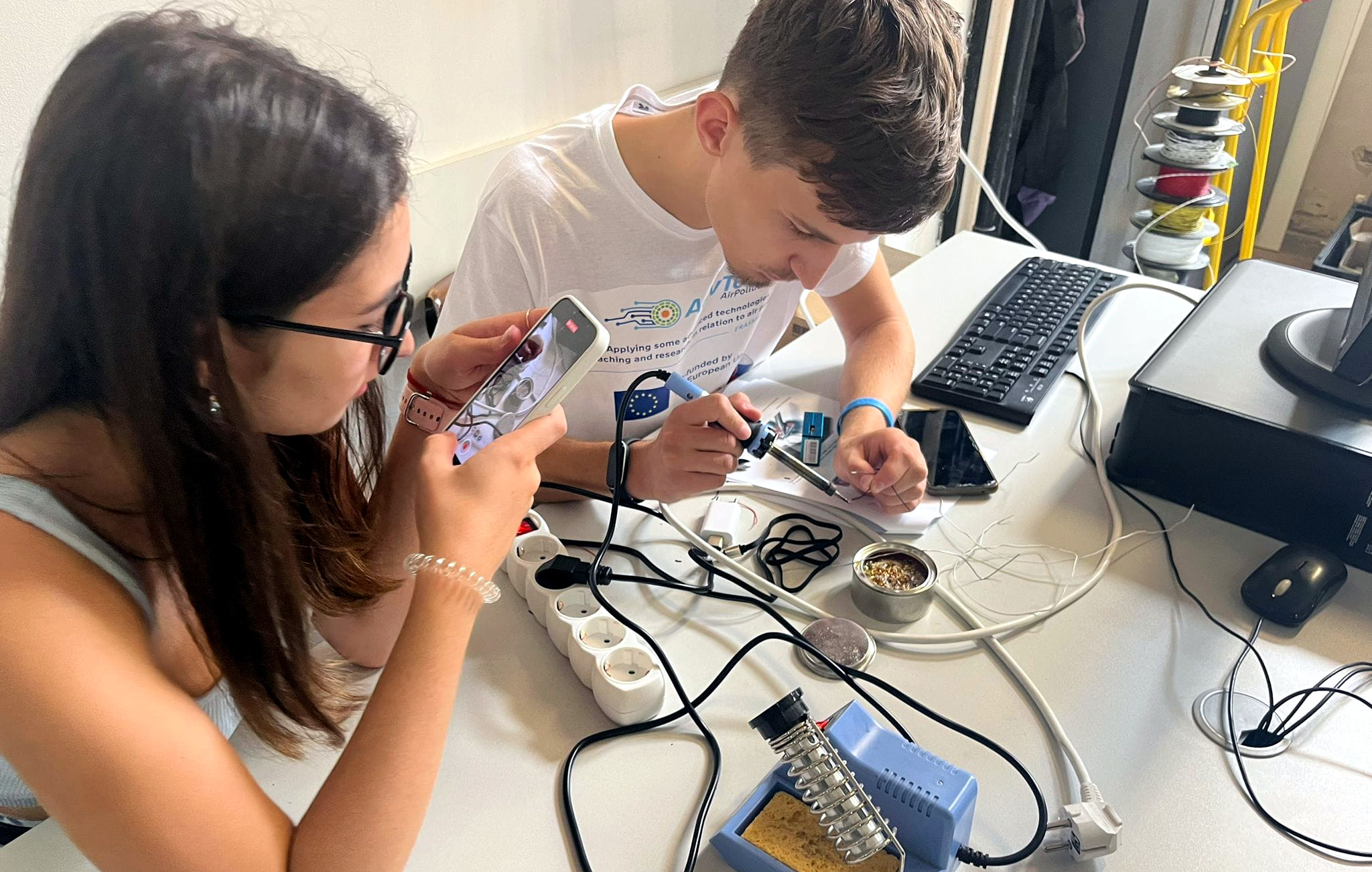
And practical lessons on 3D printing at the University labs:
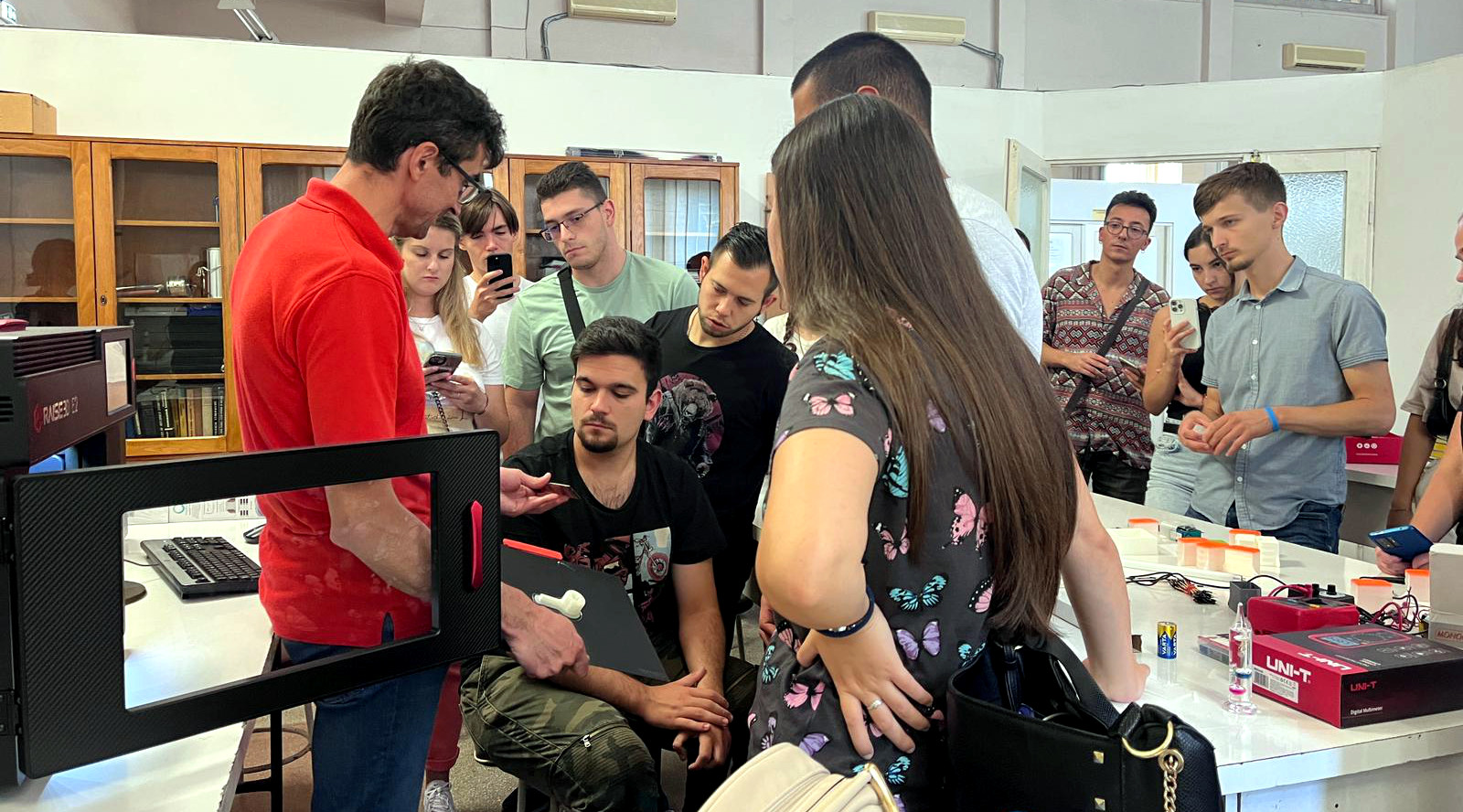
uRADMonitor CEO Mr. Radu Motisan, attended the event to lecture on the advantages of developing innovative technologies in a very competitive market and held a workshop on IOT sensors, demonstrating the data flow on small , power efficient sensors that read environmental parameters and send them in real time over the Internet.
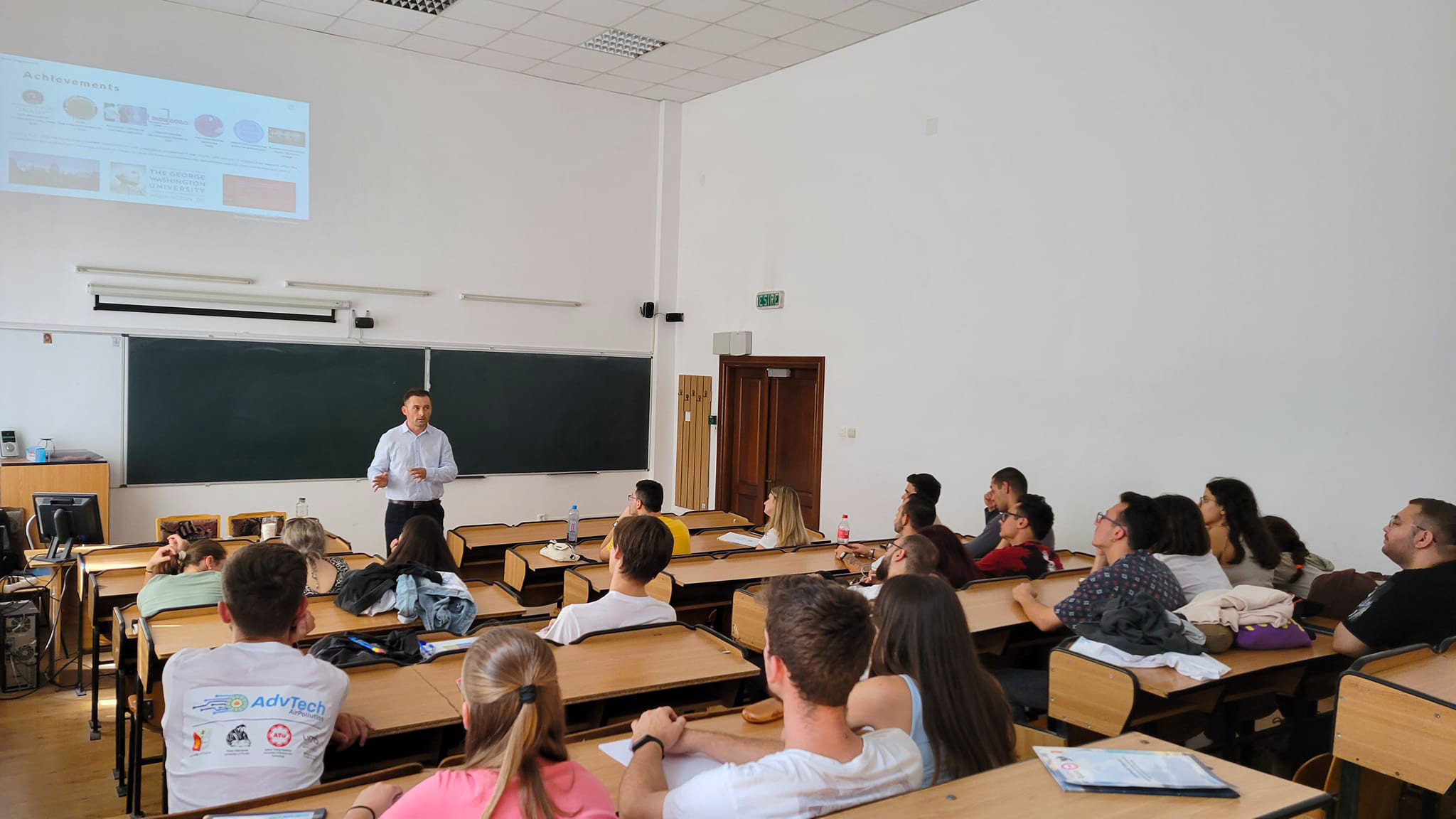
The sensors built by the students were taken home and installed in several cities across Europe and West Asia. In this way, in addition to gaining new skills in science and technology, the students also helped to raise awareness on pollution problems, becoming ambassadors of a better, more sustainable future.
codemore code
~~~~